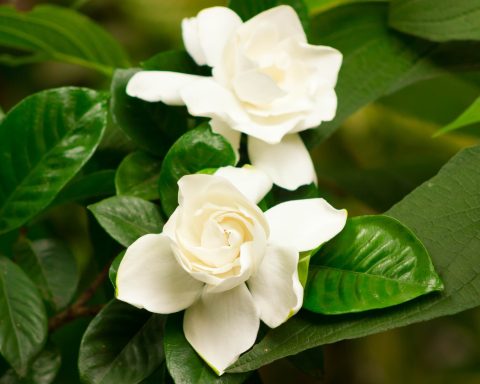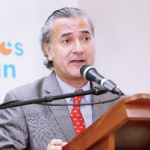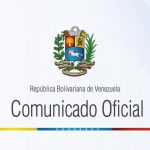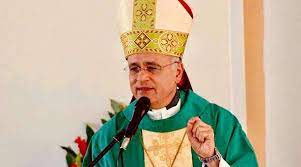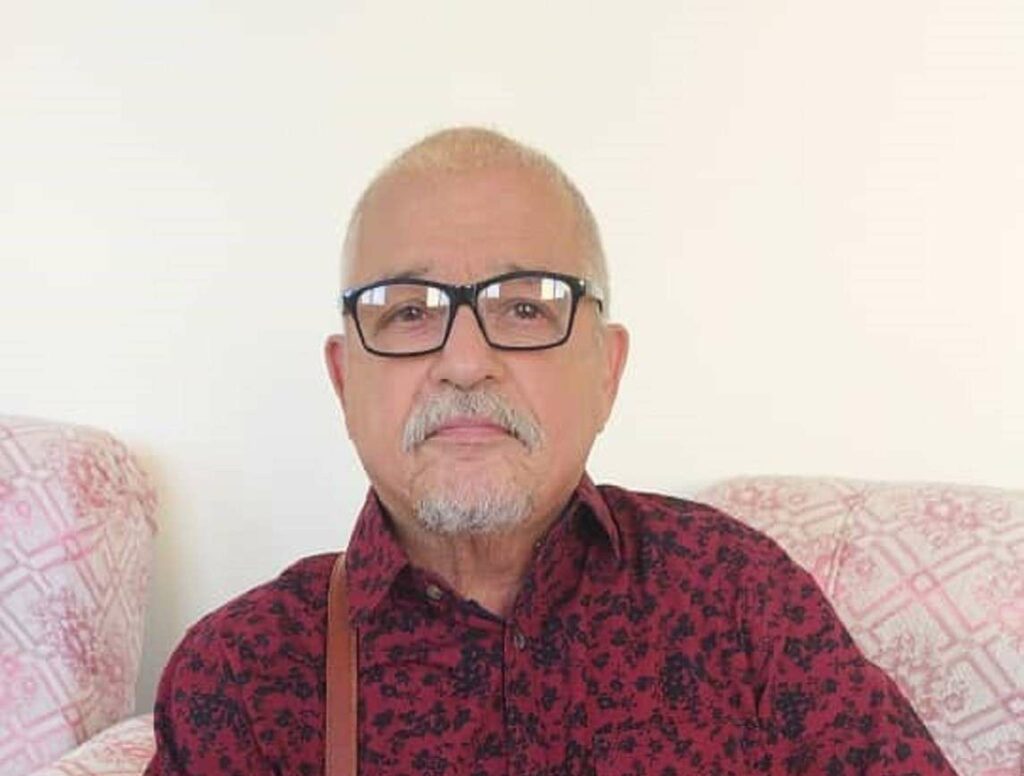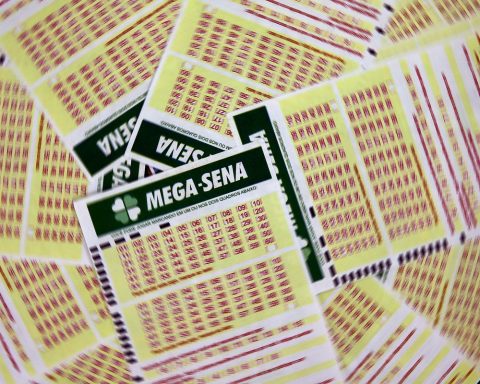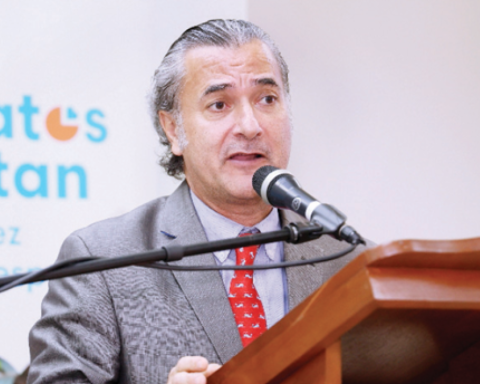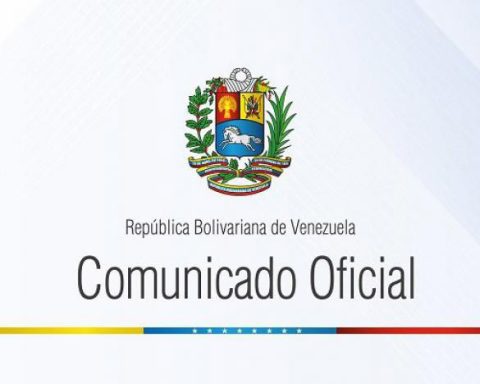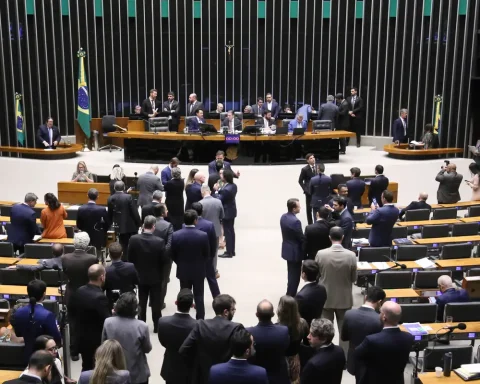MIAMI, United States. – The essential contributions to science and pedagogy of Cuban Felipe Poey still resonate with current generations. Born in May 1799, Poey, the son of a French father and a Spanish mother, completed his first studies in France and graduated with a Bachelor of Laws from the Royal Seminary of San Carlos and San Ambrosio in Havana.
After obtaining the investiture as a lawyer in Madrid, he returned to Cuba and in 1826, he traveled to Paris, taking with him valuable studies on the Cuban flora and fauna.
In Paris, he delivered a barrel of Cuban fish collected and preserved in brandy to Georges Cuvier, founder of paleontology, and Achille Valenciennes, a prominent zoologist. These eminent scientists introduced Poey to ichthyology, a branch of zoology devoted to the study of fish.
Upon his return to Cuba, Poey made his way through academia, founding the Museum of Natural History and holding prominent positions at the University of Havana, including the chair of Zoology and Comparative Anatomy, the deanship of the Faculty of Sciences, and the vice-rectorate. . He was also one of the 30 founding members of the Academy of Medical, Physical and Natural Sciences.
The Cuban ichthyology or Natural history of the fishes of Cuba (1883) is one of Poey’s most representative works, in which he characterized 758 species of fish, represented by 1,300 individuals of all ages and other related elements. Although the full publication of this voluminous work was not possible until the year 2000, he received a gold medal and an honorary diploma at the Colonial Exhibition in Amsterdam in 1883.
Poey did not limit himself to the study of nature; he also made a significant contribution to pedagogy. He taught various subjects from primary to university education, participated in the training of important figures in Cuban history and published several school texts that had an impact on the development of education and science in Cuba.
In addition, Poey was recognized for his breadth of mind and the ability to captivate his students with the most complex subjects, according to his favorite disciple, Carlos de la Torre.
Despite the distant date of his death, which occurred in January 1891, the legacy of Felipe Poey continues to be a benchmark for science and pedagogy in Cuba, and his life and work remain as a testimony of the importance of his contribution to the nation.


